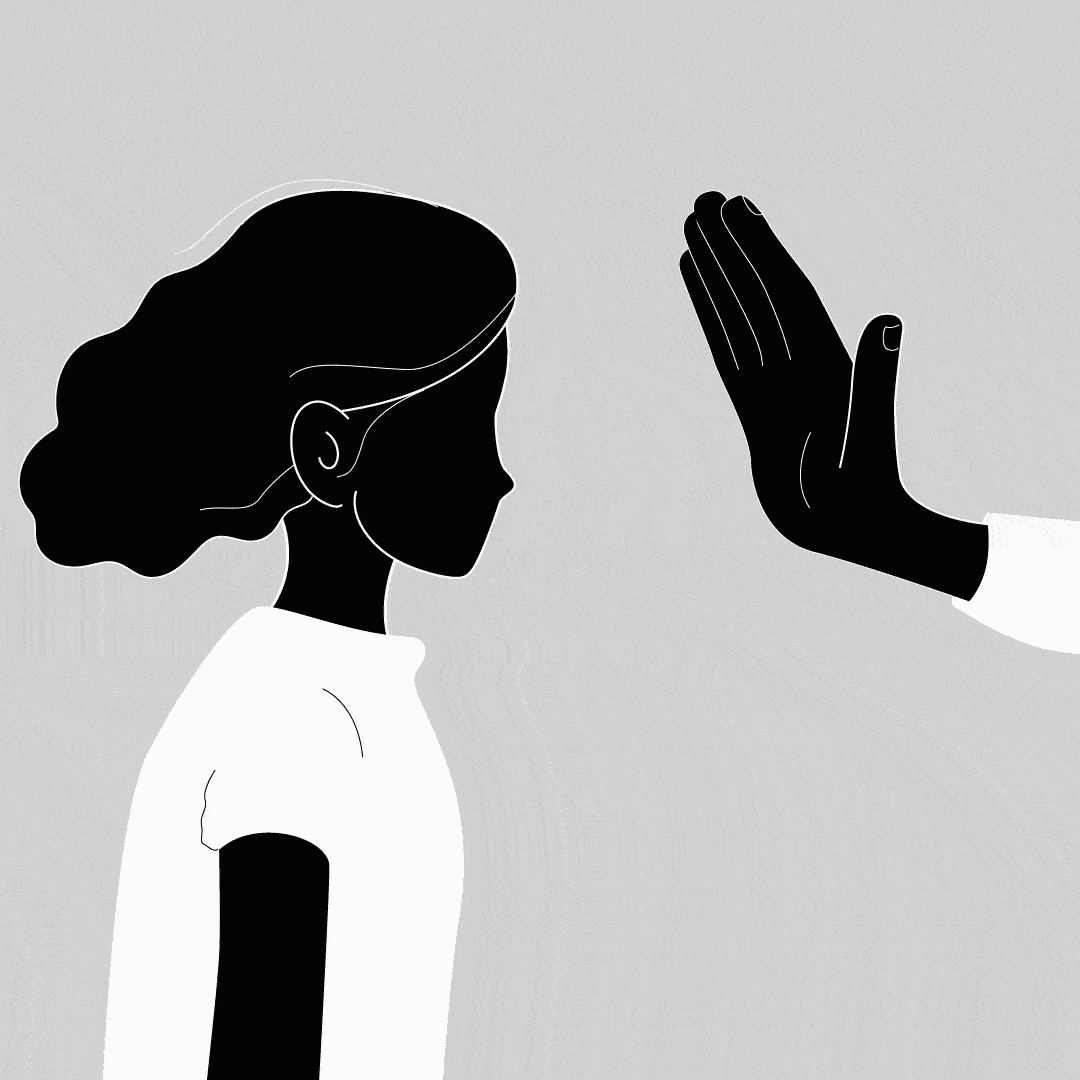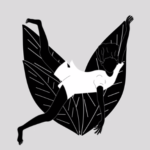ISOLATION OF PERSONS WITH HIV / AIDS
In many cases, people who are most at risk of HIV / AIDS (the main affected part of the population) continue to face stigma and discrimination based also on their current or perceived health status, followed by race, socio-economic status, age, sex, sexual orientation or gender identity or even other basis.
Illustration: Argjira Kukaj

AIDS became known as a disease in 1981 in the US. HIV / AIDS infection continues to spread at an alarming rate worldwide. It is estimated that about 13,500 people are infected every day worldwide. Like any other country, Kosovo is also affected by HIV / AIDS. In Kosovo, from the appearance of the first case in 1986 until 2018, 119 people are affected by this virus. Where 71 people were with AIDS and another 48 with HIV infection. In 2019, three cases of HIV / AIDS have been identified. Although at first glance the numbers of people living with HIV in Kosovo may seem small, it is extremely important to work on prevention.
People living with HIV / AIDS, in addition to drug treatment, face daily stigma, discrimination and lack of confidentiality from society, public institutions, because of their health status. So, the taboo about this disease, the ‘moral’ values of the society in a certain context such as the case in Kosovo and the social prejudice of each individual, makes people not only seen as victims, but often as punished.
This stigma and discrimination can often make people vulnerable to HIV/AIDS, making them reluctant to be informed, educated and seek help. In many cases, people who are most at risk of HIV/AIDS (the main affected part of the population) continue to face stigma and discrimination based also on their current or perceived health status, followed by race, socio-economic status, age, sex, sexual orientation or gender identity or even other basis.
This stigma and this discrimination is manifested in many ways. Discrimination and other human rights violations can even occur in health care settings, preventing people from using health services or enjoying quality health care.
Some people living with HIV and other key affected populations are put to blame by family, peers, and the wider community, while others face bad treatment in educational and work environments, violations of their rights, and psychological violence. Among the factors that explain these negative attitudes are: low level of information about HIV/AIDS, ways of transmission and protection against HIV.
Education plays an important role in addressing these prejudices, in HIV / AIDS information and education. From various studies and in many cultures, it turns out that early sex education encourages self-responsibility in adolescents and young adults. Children, adolescents and young men / women who lack information tend to have early sexual intercourse or have unprotected sex. Experience shows that adolescents and young people need life skills such as decision making, communication and negotiation. They need to understand the concepts of risky behaviors, such as unprotected sex, alcohol and drug use, the possible consequences of such behaviors, and how to avoid them. They need to know where to go for services or assistance. Education on HIV / AIDS in Kosovo schools should cover all these aspects. However, despite the importance of information on these topics in school and the impact on prevention and protection against HIV infection, in our schools this topic is almost always exceeded.
Children, adolescents and young people are often denied health and sex education at school, as parents and teachers, due to existing taboos, fear that such debates will encourage premature sexual activity.
So, adolescents and young men / women continue to be an at-risk group due to exploration and lack of sexual experience at these ages. Therefore, in schools it is necessary to have training programs, education, discussions and other activities for awareness and providing information on the protection and prevention of HIV / AIDS. The more informed children, adolescents and young people are about the issue of abuse, sexual violence, sex education, the more protected and safe they are from HIV / AIDS. It is therefore very important that in school children, adolescents and young people have more opportunities for different alternative forms of education, including the use of the role played by personalization of issues, peer education, etc. because they will promote responsible behavior among children, adolescents and young people themselves.
About the author: Vesa Piskala, 16 years old from Fushë Kosova, student in the high school “Hivzi Sulejmani”.
This grant is supported by the ‘Civil Society programme for Albania and Kosovo’, financed by the Norwegian Ministry of Foreign Affairs and managed by Kosovar Civil Society Foundation (KCSF) in partnership with Partners Albania for Change and Development (PA). The content and recommendations do not represent the official position of the Norwegian Ministry of Foreign Affairs and Kosovar Civil Society Foundation (KCSF).


